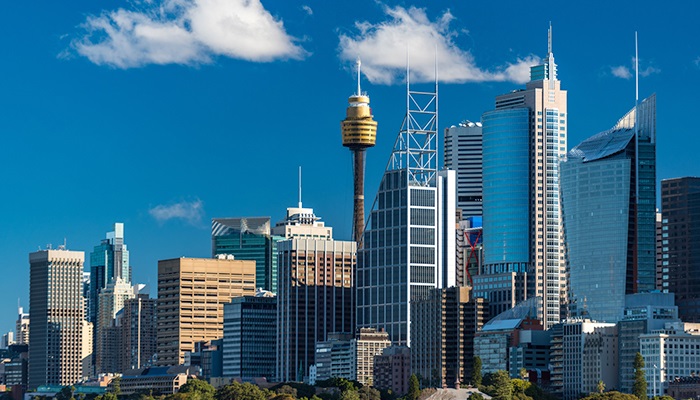The office occupancy level in major cities in South Africa is still low; this is mainly due to an extensive development experienced in the mid-2000s.
There has been an oversupply of office space in the region and the new developments are being occupied by premium tenants who have left several grade A-and B buildings vacant.
South African Property Owners Association (Sapoa) CEO Neil Gopal confirmed the reports during a media lunch and said that there has been an oversupply of office space in major cities, however, since Cyril Ramaphosa replaced Jacob Zuma, confidence in the economy and property investment has started to gain some momentum.
According to a report by Sapoa, the latest national office vacancy report revealed that the rate was 11.2% at the end of December and this was unchanged on the quarter before, nevertheless, off the high of 11.8% was recorded in the second quarter of 2017.
Office rental growth has slowed further
“Office rental growth has slowed further over the past quarter, indicative of the low-growth environment coupled with an excess supply in the market,” Sapoa said.
Erwin Rode, CEO of property research and consultation firm Rode & Associates, also commented and said most new offices have been constructed for multinationals and other large corporations creating a slow pace in renting.
For example, Growthpoint Properties, the largest SA-based listed real estate company, recently completed a US $250m building in Gauteng, the property is being rented out to medical aid group Discovery and serves to centralize the company’s operations.
Also, Growthpoint’s rival, Redefine moved into Redefine Towers, a premium office in Rosebank, Gauteng. Redefine is also well into the construction of Rosebank Link, designed to house small professional firms.
